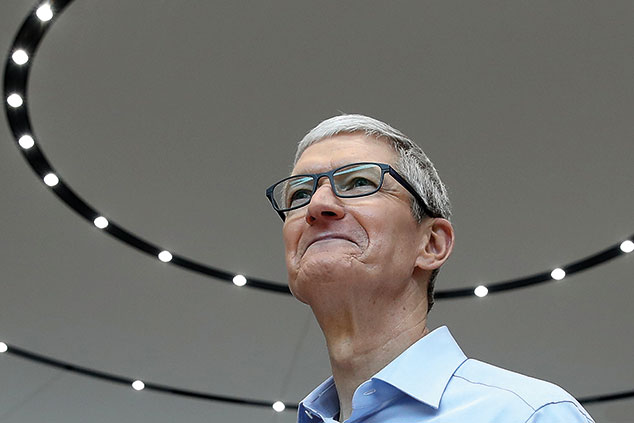
US-listed companies look set to buy back as much as $1trn-worth of their own shares this year, reckons Goldman Sachs. The investment bank notes that firms have already authorised just over $750bn-worth of buybacks, with Apple alone launching a $100bn buyback earlier this year. The boom is partly a result of US tax reforms, which have cut taxes and enabled companies to repatriate cash from abroad, freeing up more money for buybacks.
Given the political angle, the buyback bonanza is generating a lot of heat in the US press. Various columnists, notably Annie Lowrey in The Atlantic, have noted that money spent on buybacks could instead have been spent on raising wages, or investing for future growth. As Lowrey puts it: “Companies are working overtime to make their owners richer in the short term, more so than to improve their longer-term competitiveness or to invest in their workers.” None of these objections is particularly unreasonable. As we note in the box below, one problem with share buybacks is that they can be used by executives to flatter the key financial ratios that are used to set their bonus payouts, and as a result, they may prefer to indulge in buybacks when there are better ways to spend the cash.
But even from a shareholder’s point of view, buybacks are not necessarily great news. Firstly, buybacks are less transparent than the other main method of returning cash to shareholders – dividends. If a company commits to paying a dividend, then this has the useful side-effect of focusing management attention on what shareholders want and on ensuring the cash is available to pay them. So arguably share buybacks are really just another way for executives to wrestle control and accountability away from end shareholders. That’s not healthy.
Secondly, companies tend to be bad market timers. They don’t buy their shares when they are cheap – they buy when they are high and rising. As a result, notes a 2016 report by McKinsey researchers, “share repurchases seldom have any lasting effect on total shareholder return”.
From a practical point of view, the issue is not that you should avoid companies doing buybacks – alone, it’s not a sufficient reason to sell or avoid an otherwise decent company. It’s more that buybacks are yet another sign of irrational exuberance, suggesting that we’re in the later rather than earlier stages of this bull market – certainly in the US. If you need any further convincing, consider that, as Goldman Sachs strategist David Kostin tells the FT, buybacks “remain the largest source of demand for shares” – as a group, consumers and pension funds are currently net sellers, rather than buyers of stocks.
There are two main ways for companies to return cash to shareholders. Dividends are one method, and share buybacks – where a company purchases its own shares – are another. If a company buys back its own shares (assuming it doesn’t add others at the same time via the exercise of options, say), it leaves fewer shares circulating, so ongoing shareholders own a bigger (and thus – all else being equal – more valuable) slice of the firm than they did before.
When a company decides to undertake a share buyback it will typically do so in the open market – just like any other investor – or via a “tender offer”, which involves shareholders submitting a price at which they would be willing to sell. The repurchased shares are either cancelled, or sometimes kept as “Treasury” shares, meaning the company can reissue them if necessary.
• Read more on share buybacks in MoneyWeek’s financial glossary